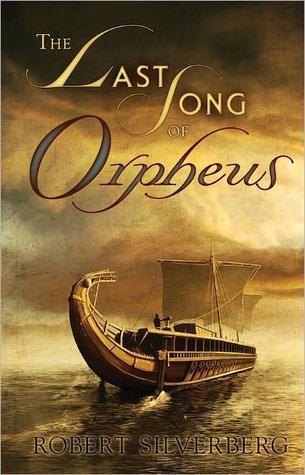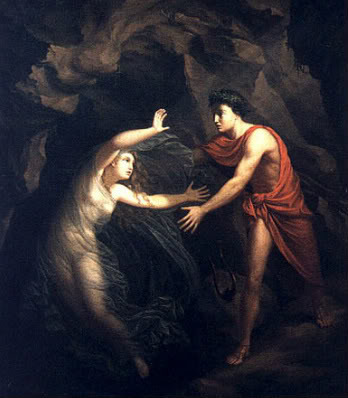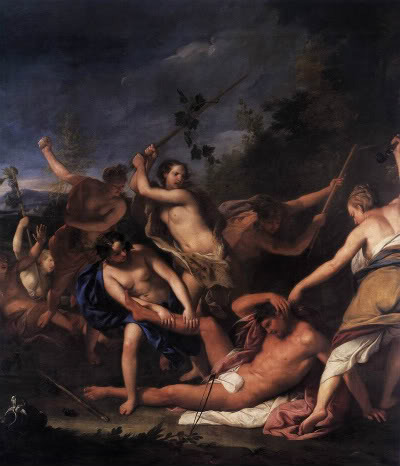What do you think?
Rate this book


136 pages, Kindle Edition
First published September 30, 2010

THIS WILL BE my last song, which I make for you, Musaeus my son, telling all there is to tell of my life. My last song, but also my first, for in the my end is my beginning, and for me there are no end and no beginnings but only the circle that is eternity...Time, curves round itself and grasps its tail in its mouth. I stand outside; I contain evereything; I perceive the alpha and the omega and for me they do not have the same order of being and arrangement that they do for you...My yesterdays are my tomorrows, my tomorrows are my yesterdays. It is decreed that I must forever reenact my past, which is indistinguishable from my future, both of them constituting an eternal present.This massive, ever-after burden of memory, time and loss gives the story of Orpheus an even more epic quality and imbues the narrative with a greater sense of power and importance.

